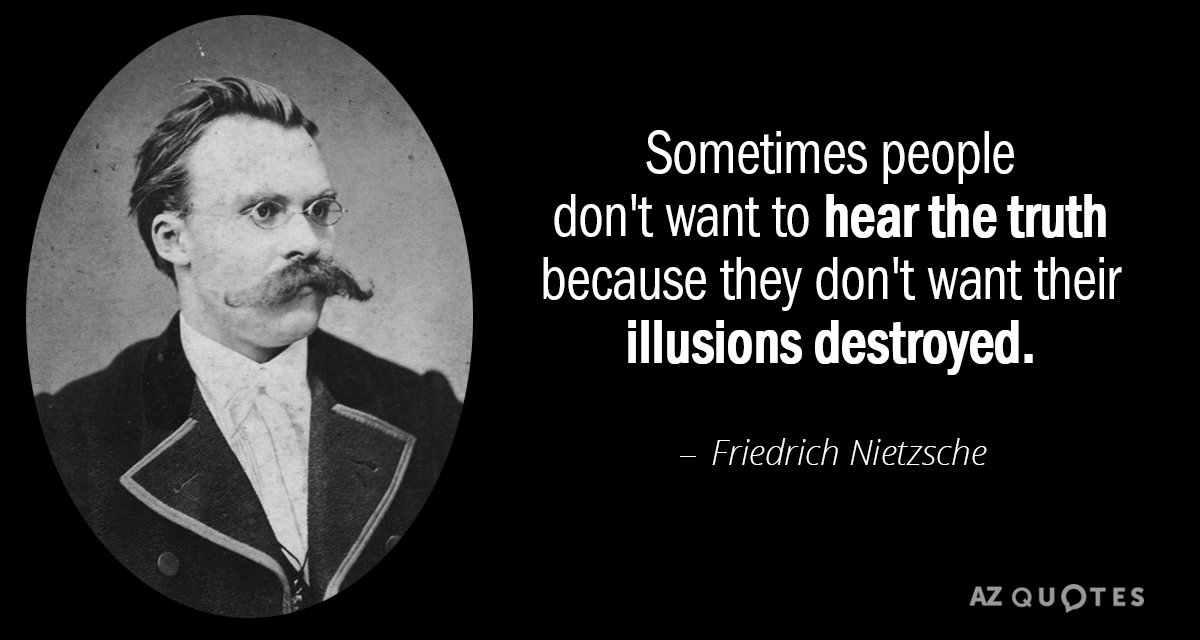A period which suffers from a so-called high
general level of liberal education but which is devoid
of culture in the sense of a unity of style
which characterizes all its life, will not quite
know what to do with philosophy and wouldn't,
if the Genius of Truth himself were to proclaim
it in the streets and the market places. During
such times philosophy remains the learned monologue
of the lonely stroller, the accidental loot
of the individual, the secret skeleton in the
closet, or the harmless chatter between senile
academics and children. No one may venture to
fulfill philosophy's law with his own person, no
one may live philosophically with that simple
loyalty which compelled an ancient, no matter
where he was or what he was doing, to deport
himself as a Stoic if he once had pledged faith to
the Stoa. All modern philosophizing is political,
policed by governments, churches, academies,
custom, fashion, and human cowardice, all of
which limit it to a fake learnedness. Our philoso·
phy stops with the sigh "If only ... " and with
the insight "Once upon a time ..." Philosophy
has no rights, and modern man, if he had any
courage or conscience, should really repudiate it.
He might ban it with words similar to those
which Plato used to ban the tragic poets from
his state, though reply could be made, just as
the tragic poets might have made reply to Plato.
If forced for once to speak out, philosophy might
readily say, "Wretched people! Is it my fault if
I am roaming the country among you like a
cheap fortune-teller? If I must hide and disguise
myself as though I were a fallen woman and you
my judges? Just look at my sister, Art! Like me,
she is in exile among barbarians. We no longer
know what to do to save ourselves. True, here
among you we have lost all our rights, but the
judges who shall restore them to us shall judge
you too. And to you they shall say: Go get yourselves
a culture. Only then you will find out what
philosophy can and will do."
